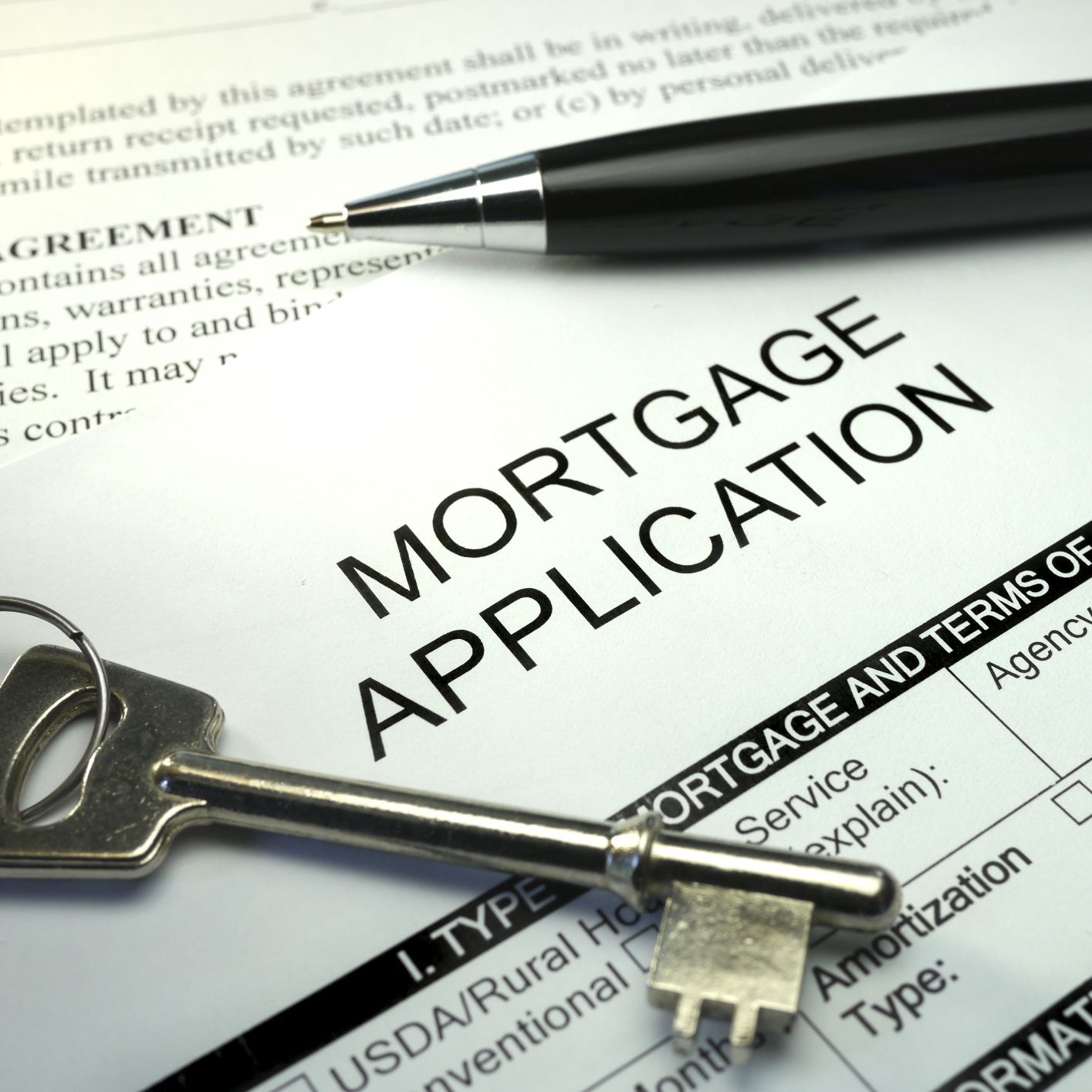Housing
Mortgage Loan Rates Increased Last Week, Applications Dipped

Published:
Last Updated:

The Mortgage Bankers Association (MBA) released its weekly report on mortgage applications Wednesday morning, noting a decrease of 4.1% in the group’s seasonally adjusted composite index for the week ending February 9. Mortgage loan rates rose again last week on four of five loan types that the MBA tracks. Three popular loan types posted multiyear highs last week.
On an unadjusted basis, the composite index decreased by 2% week over week. The seasonally adjusted purchase index fell 6% compared with the week ended February 2. The unadjusted purchase index decreased by 3% for the week and is now 4% higher year over year.
The MBA’s refinance index decreased by 2% week over week, and the percentage of all new applications that were seeking refinancing ticked higher, from 46.4% to 46.5%.
Adjustable rate mortgage loans accounted for 6.3% of all applications, up 0.2 percentage points from the prior week.
Later this morning we’ll get a new reading on the consumer price index (CPI). Matthew Graham at Mortgage News Daily explains the impact of CPI on mortgage loan rates:
CPI is the most important inflation report and arguably the most important economic report in general at the moment. To whatever extent inflation is higher than expected, we’re likely to see upward pressure on rates. If it’s much weaker than expected, the recent resilience near the multi-year rate highs could give way to some actual progress back in the other direction [i.e., lower rates].
According to the MBA, last week’s average mortgage loan rate for a conforming 30-year fixed-rate mortgage rose to its highest level since January 2014, up from 4.50% to 4.57%. The rate for a jumbo 30-year fixed-rate mortgage increased from 4.47% to 4.55%, also a high since January 2014. The average interest rate for a 15-year fixed-rate mortgage rose from 3.92% to 4.00%, its highest level since April 2011.
The contract interest rate for a 5/1 adjustable rate mortgage loan decreased from 3.77% to 3.74%. Rates on a 30-year FHA-backed fixed-rate loan increased from 4.47% to 4.54%.
If you’re one of the over 4 Million Americans set to retire this year, you may want to pay attention.
Finding a financial advisor who puts your interest first can be the difference between a rich retirement and barely getting by, and today it’s easier than ever. SmartAsset’s free tool matches you with up to three fiduciary financial advisors that serve your area in minutes. Each advisor has been carefully vetted, and must act in your best interests. Start your search now.
Don’t waste another minute; get started right here and help your retirement dreams become a retirement reality.
Thank you for reading! Have some feedback for us?
Contact the 24/7 Wall St. editorial team.